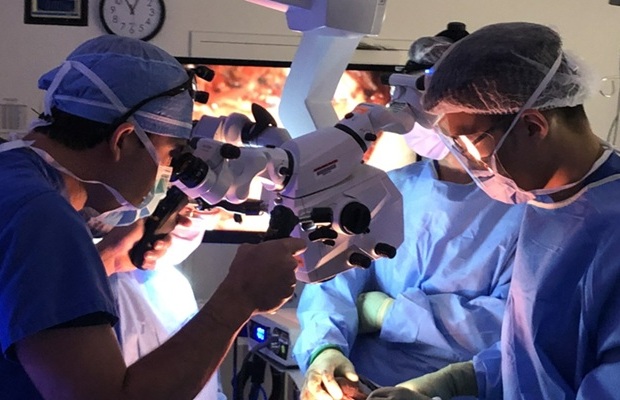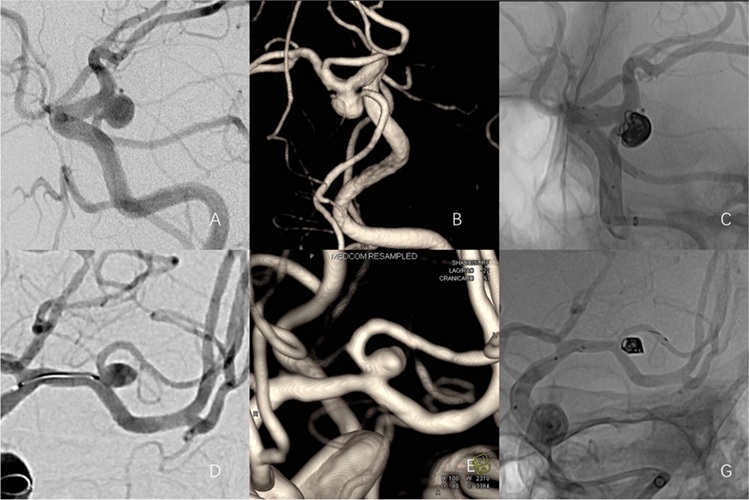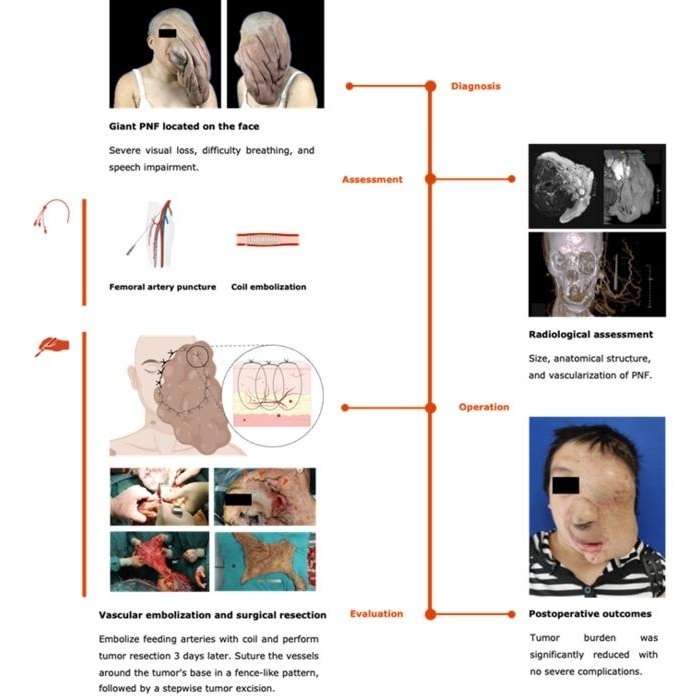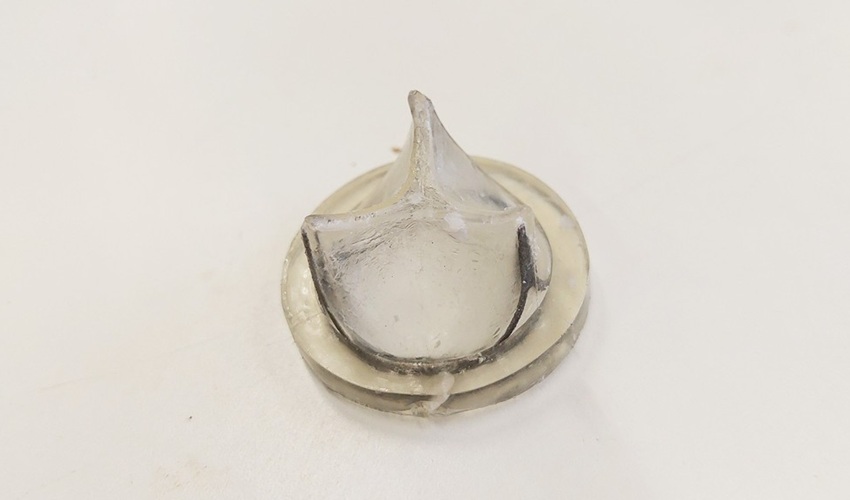Expo
view channel
view channel
view channel
view channel
Medical Imaging
AI
Surgical TechniquesPatient CareHealth ITPoint of CareBusiness
Events
Webinars

- Cuff-Free Blood Pressure Monitoring Device to Improve Early Detection and Management of Hypertension
- New Understanding of Barrett’s Esophagus Formation to Enable Earlier Intervention and Diagnosis
- 3D Printed Functional Human Islets Could Transform Type 1 Diabetes Treatment
- AI Model Predicts ICU mortality in Heart Failure Patients
- Ultra-Thin Implant Helps Patients with Spinal Cord Injury Recover Lost Functions
- Neuroform Atlas Stent-Assisted Coiling Found Effective Even in Smaller Arteries
- New Surgical Technique Safely Removes Giant Nerve Tumors
- Breakthrough Polymer Significantly Improves Safety of Implantable Medical Devices
- First-Ever Technology Makes Blood Translucent During Surgery
- Tibia Nailing System with Novel Side-Specific Nails to Revolutionize Fracture Surgery
- VR Training Tool Combats Contamination of Portable Medical Equipment
- Portable Biosensor Platform to Reduce Hospital-Acquired Infections
- First-Of-Its-Kind Portable Germicidal Light Technology Disinfects High-Touch Clinical Surfaces in Seconds
- Surgical Capacity Optimization Solution Helps Hospitals Boost OR Utilization
- Game-Changing Innovation in Surgical Instrument Sterilization Significantly Improves OR Throughput
- Medtronic Partners with Corsano to Expand Acute Care & Monitoring Portfolio in Europe
- Expanded Collaboration to Transform OR Technology Through AI and Automation
- Becton Dickinson to Spin Out Biosciences and Diagnostic Solutions Business
- Boston Scientific Acquires Medical Device Company SoniVie
- 2026 World Hospital Congress to be Held in Seoul

 Expo
Expo
- Cuff-Free Blood Pressure Monitoring Device to Improve Early Detection and Management of Hypertension
- New Understanding of Barrett’s Esophagus Formation to Enable Earlier Intervention and Diagnosis
- 3D Printed Functional Human Islets Could Transform Type 1 Diabetes Treatment
- AI Model Predicts ICU mortality in Heart Failure Patients
- Ultra-Thin Implant Helps Patients with Spinal Cord Injury Recover Lost Functions
- Neuroform Atlas Stent-Assisted Coiling Found Effective Even in Smaller Arteries
- New Surgical Technique Safely Removes Giant Nerve Tumors
- Breakthrough Polymer Significantly Improves Safety of Implantable Medical Devices
- First-Ever Technology Makes Blood Translucent During Surgery
- Tibia Nailing System with Novel Side-Specific Nails to Revolutionize Fracture Surgery
- VR Training Tool Combats Contamination of Portable Medical Equipment
- Portable Biosensor Platform to Reduce Hospital-Acquired Infections
- First-Of-Its-Kind Portable Germicidal Light Technology Disinfects High-Touch Clinical Surfaces in Seconds
- Surgical Capacity Optimization Solution Helps Hospitals Boost OR Utilization
- Game-Changing Innovation in Surgical Instrument Sterilization Significantly Improves OR Throughput
- Medtronic Partners with Corsano to Expand Acute Care & Monitoring Portfolio in Europe
- Expanded Collaboration to Transform OR Technology Through AI and Automation
- Becton Dickinson to Spin Out Biosciences and Diagnostic Solutions Business
- Boston Scientific Acquires Medical Device Company SoniVie
- 2026 World Hospital Congress to be Held in Seoul






































